In a world increasingly dominated by visual content, the role of infographics in education has never been more crucial. For both primary and secondary students, mastering visual literacy can enhance their understanding of complex information, making learning more engaging and effective.
Enhancing Engagement and Understanding
Infographics serve as powerful educational tools, transforming intricate data into easily digestible visuals. By breaking down dense information, these graphics capture the attention of students, encouraging them to engage with the material more actively. This dynamic approach fosters curiosity and motivates learners to investigate subjects more deeply, leading to a more robust comprehension of the content presented.
Elevating Learning Experiences
Visual representations through infographics aid students in not only retaining information but also in connecting disparate ideas, ultimately enhancing their critical thinking skills. Educators have observed marked improvements in students’ ability to synthesize information when they can visually map out concepts and relationships. This skill is intrinsic to academic success and is particularly valuable in a variety of subjects from science to the humanities.
Ideal Integration into the Curriculum
Incorporating infographics can be done throughout various lessons, particularly during project presentations or while introducing new topics. For example, when launching a unit on environmental science, educators can use infographics to summarize essential facts about climate change or biodiversity. These visuals can also be utilized during assessments, allowing students to express their understanding creatively while enhancing their analytical skills.
Fostering Collaborative Learning
Infographics encourage collaboration among learners. Group projects focused on creating infographics can promote teamwork and allow students to share their unique perspectives, learning styles, and expertise. Such activities enhance their social skills, preparing them for future collaborative environments in higher education and the workforce.
Frequently Asked Questions
- How can I create effective infographics for my classroom? Begin by identifying key information, utilize engaging visuals, and keep text concise. Tools like Canva and Piktochart are user-friendly for beginners.
- Are there specific subjects that benefit more from infographics? While infographics can enhance understanding across all subjects, they are particularly effective in science, history, and data-related topics.
- Can infographics be used for assessments? Absolutely! Students can demonstrate their understanding by creating infographics as project submissions or exam alternatives.
- What age groups are best suited for learning with infographics? Infographics can be beneficial for all age groups, from primary students learning basic concepts to secondary students tackling more complex data.
Infographics for Supporting Visual Literacy in Primary and Secondary Education
The target audience for infographics in education includes both students and teachers, as they strive to improve educational outcomes. Personally, I encountered the profound impact of infographics during a recent history unit on the American Revolution. As my students created timelines and maps illustrating key battles and events, I witnessed their enthusiasm grow. Their ability to chart connections visually not only deepened their understanding but also fostered discussions that transcended the classroom walls. Observing their creative processes, paired with projects that incorporated visual literacy, reassured me of the effectiveness of infographics in promoting learning.
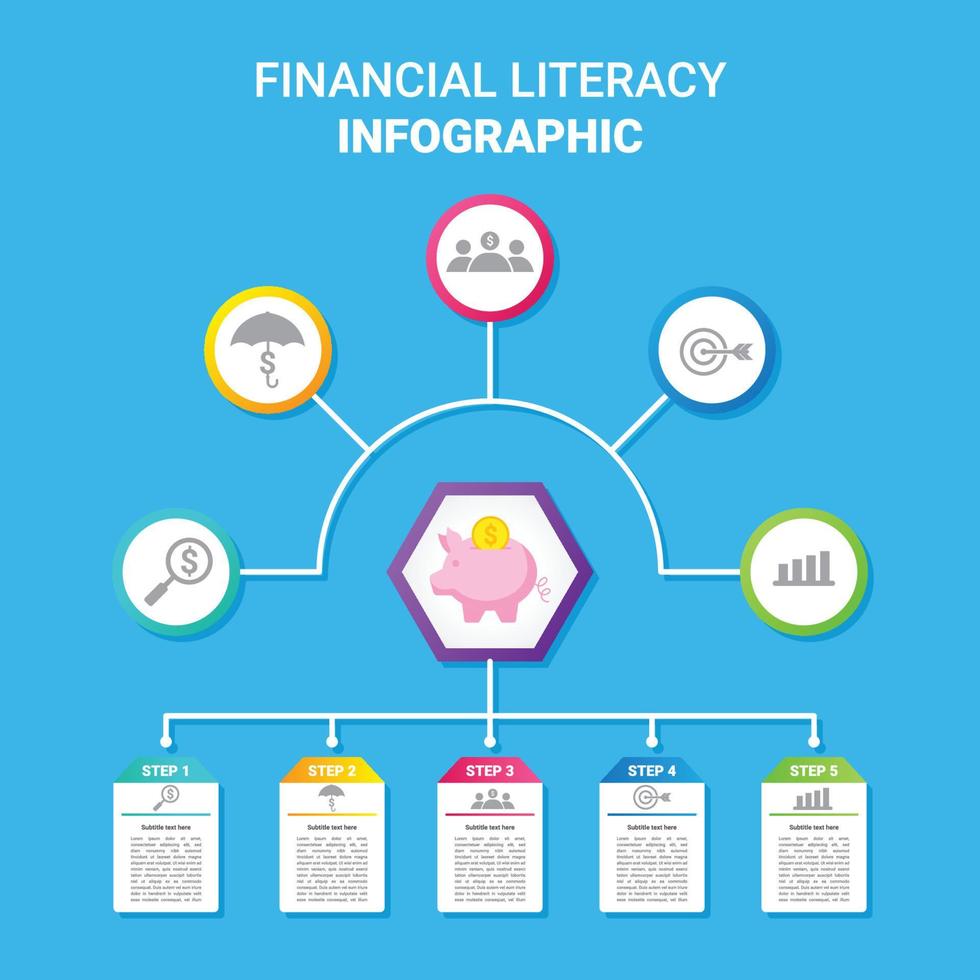
By integrating visuals into learning, students developed persuasive skills as they presented their infographics to peers, enhancing their communication abilities in the process.
Conclusion of Infographics for Supporting Visual Literacy in Primary and Secondary Education
Embracing infographics in educational settings not only enriches the learning experience but also prepares students for a world that values visual communication. As educators continue to explore innovative techniques in teaching, the power of infographics will remain a vital asset in supporting visual literacy for the next generation.
If you are looking for Early Literacy – Parker Memorial Library you’ve came to the right place. We have 10 Images about Early Literacy – Parker Memorial Library like How to Use Infographics for Language Learning, Early Literacy – Parker Memorial Library and also Visual Literacy with English Learners – Seidlitz Education. Read more:
Early Literacy – Parker Memorial Library
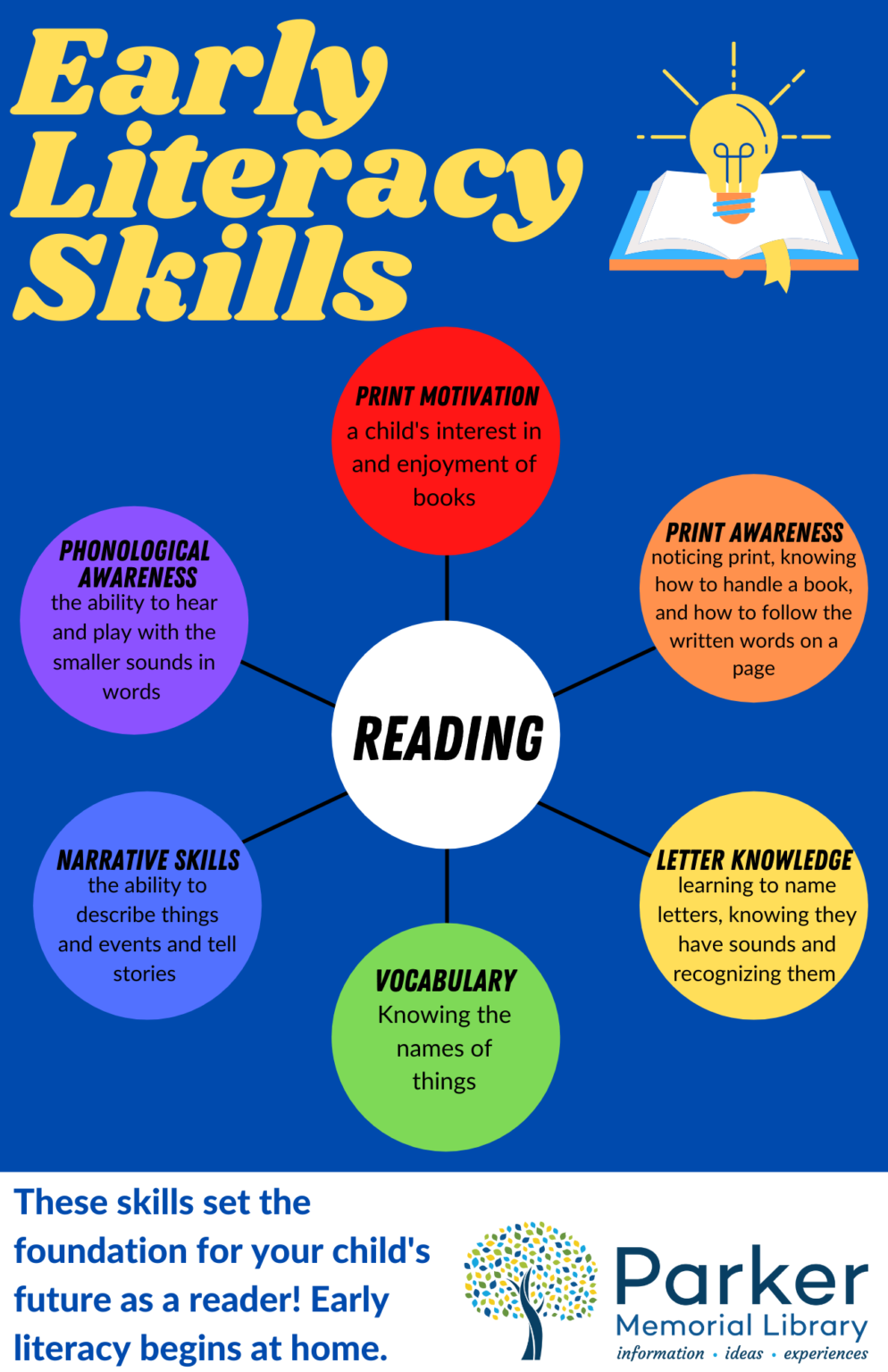
www.dracutlibrary.org
infographic
Facts On Literacy | Friends Of The Aurora Public Library

www.fapl.info
literacy statistics implementation unesco fapl
Visual Literacy With English Learners – Seidlitz Education
seidlitzblog.org
learners seidlitz gonzalez
Financial Literacy Infographic Element 5429676 Vector Art At Vecteezy

www.vecteezy.com
Habilidades Esenciales De Alfabetización Digital Para El Trabajador Del
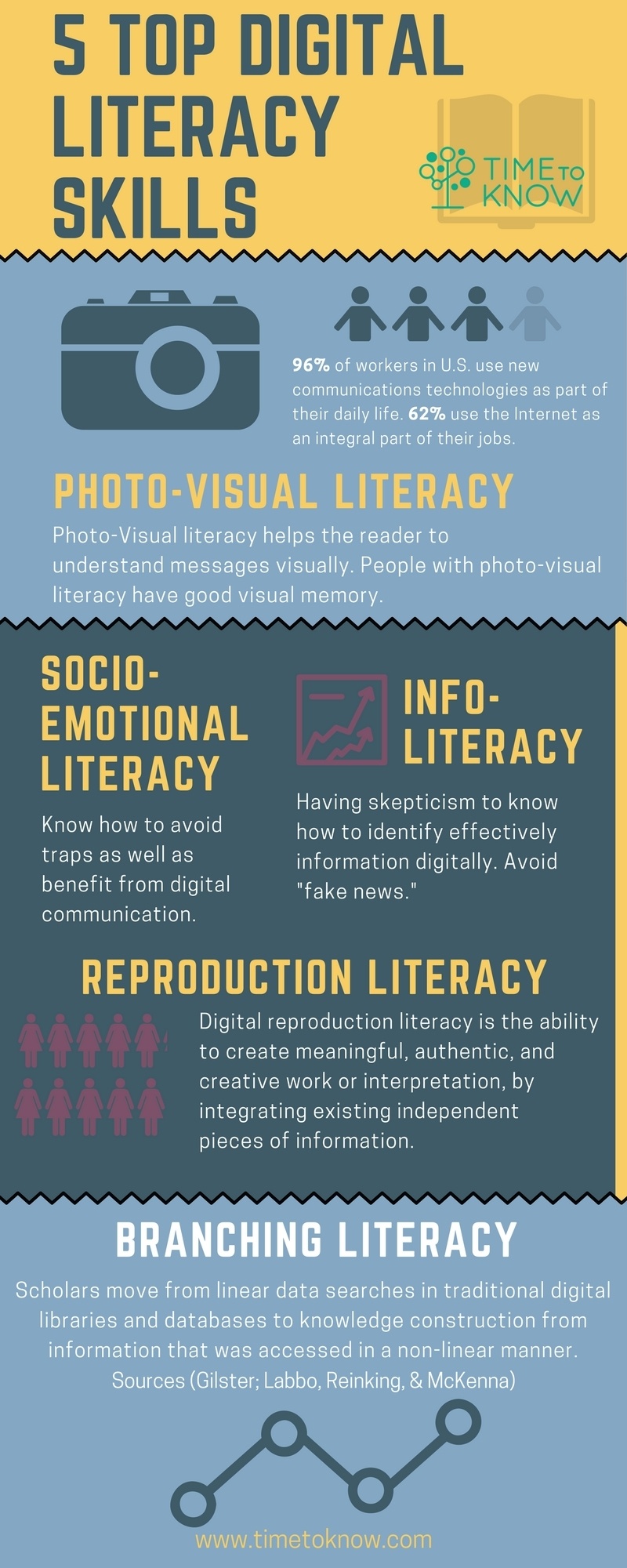
universoabierto.org
Infographics + Infografías = Visual Literacy For All! – ICivics: Civics

icsl.icivics.org
Literacy – Irish Primary Teacher

irishprimaryteacher.ie
literacy
How To Make An Infographic For Kids
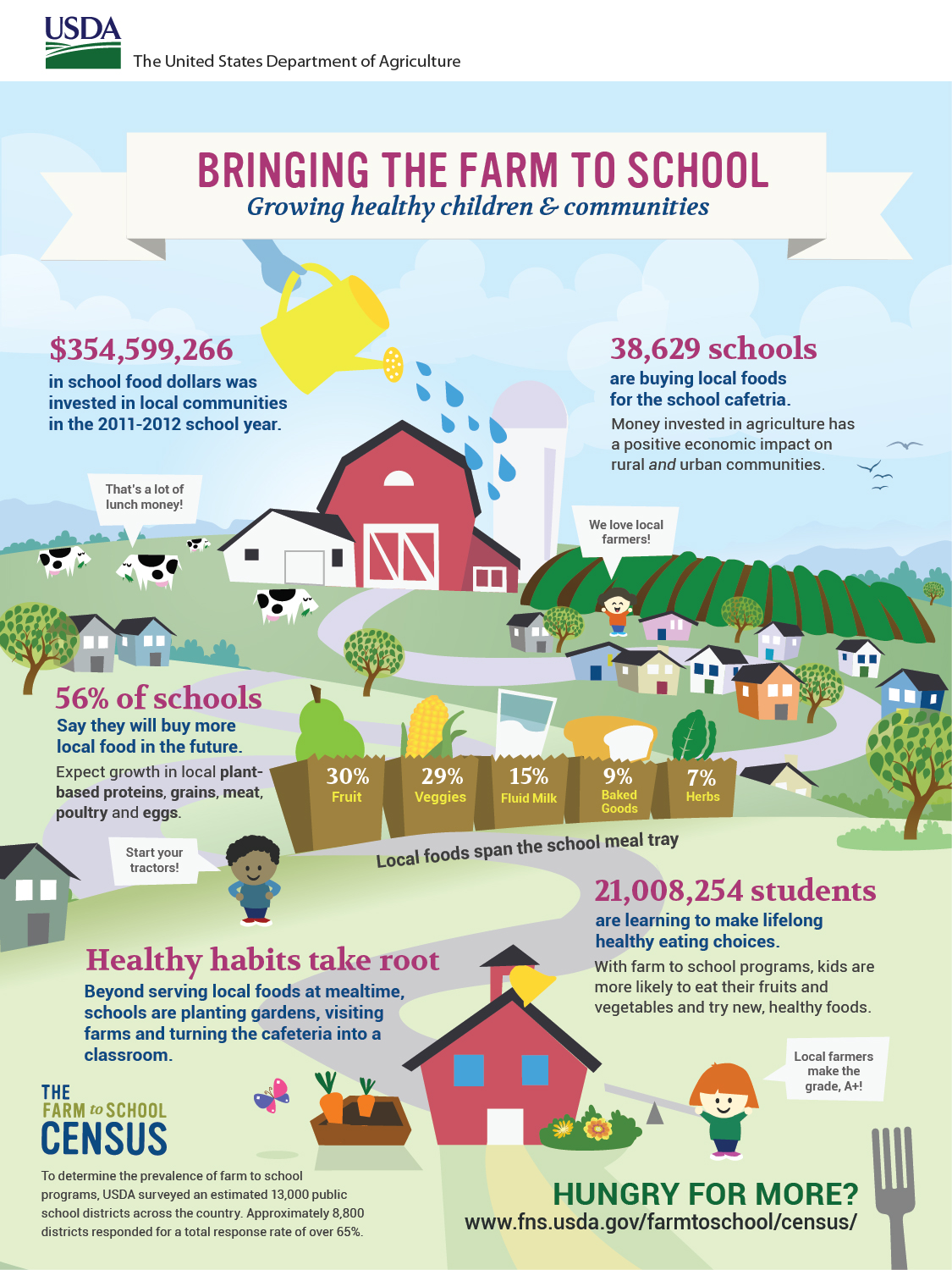
ar.inspiredpencil.com
How To Use Infographics For Language Learning
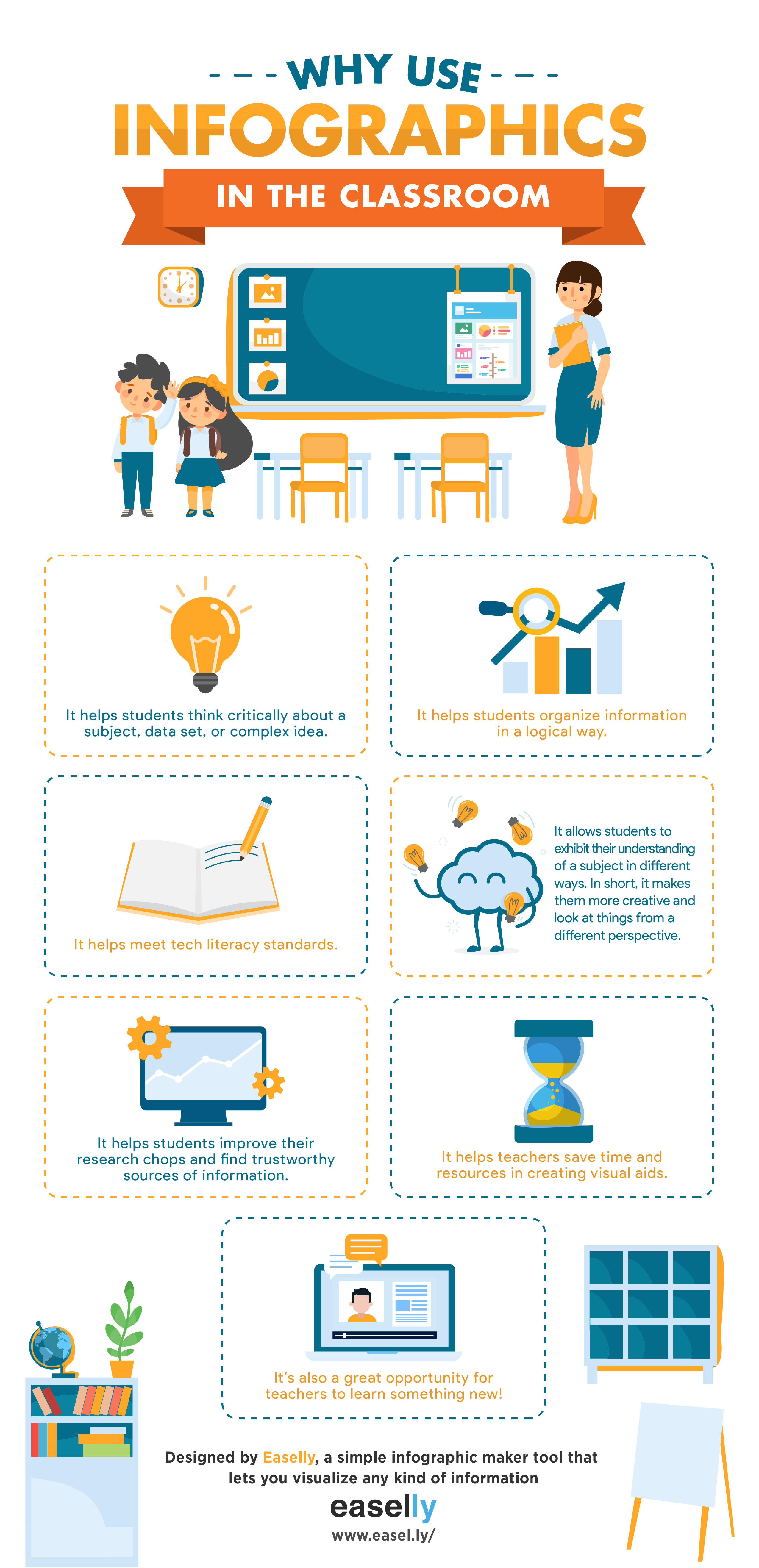
www.easel.ly
language why effective easelly learners easel educators
Infographic On Reading

www.animalia-life.club
Financial literacy infographic element 5429676 vector art at vecteezy. Early literacy. Literacy statistics implementation unesco fapl



